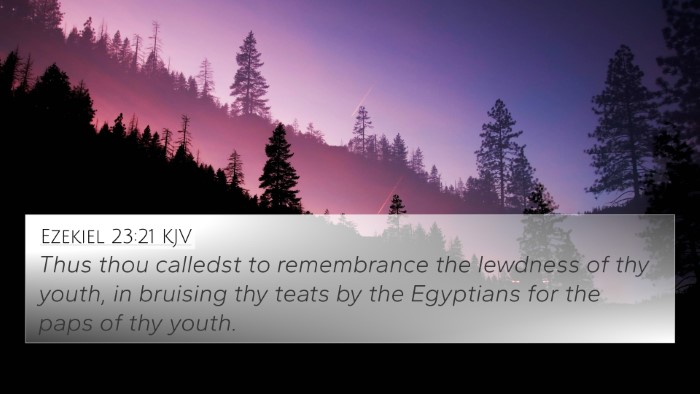Understanding John 5:43
John 5:43 states, "I have come in my Father’s name, and you do not receive me; if another comes in his own name, him you will receive." This verse encapsulates Jesus' message about his divine authority and the people's rejection of him. Here, we explore its meaning by integrating insights from renowned public domain commentaries.
Meaning and Interpretations
This verse reflects the overarching theme of Jesus' mission and identity. The rejection by the Jewish leaders serves as a critical point in the narrative of the Gospel of John. Jesus emphasizes his coming in the name of the Father, indicating his divine mission and authority. Through this statement, we see a development in the understanding of Jesus among the people and the contrasting acceptance of false messengers.
-
Matthew Henry's Commentary:
Henry notes that Jesus’ coming "in my Father’s name" signifies the divine authority and mission assigned to him. He stresses that mankind often fails to recognize the true Messiah while being easily swayed by those who seek their own glory.
-
Albert Barnes' Notes:
Barnes elaborates on the phrase "you do not receive me" as a profound indictment of the Jewish authorities. He explains that acceptance of Jesus would require humility and recognition of God’s plan, which many failed to embrace. Barnes sees this verse as reflective of the spiritual blindness prevalent among the people.
-
Adam Clarke's Commentary:
Clarke links the rejection of Christ to a broader principle where people are drawn to what resonates with their desires, illustrating that those who "come in their own name" lack divine authority and instead promote self. He emphasizes a tendency for humanity to accept false authority over true godliness.
Bible Verse Cross-References
John 5:43 is connected to several other scriptural passages that expand on its themes:
- John 1:11: "He came to his own, and his own people did not receive him." This verse directly highlights the reception of Christ and mirrors the sentiment found in John 5:43.
- John 7:28-29: In these verses, Jesus speaks to the crowd about his true origin, amplifying the misunderstanding of his identity among the people.
- John 12:48: "The one who rejects me and does not receive my words has a judge; the word that I have spoken will judge him on the last day." This reinforces the consequences of rejection articulated in John 5:43.
- Matthew 23:37: "O Jerusalem, Jerusalem, the city that kills the prophets and stones those who are sent to it!" This demonstrates the historical pattern of rejecting divine messengers.
- Galatians 1:8: Paul speaks against accepting another gospel, paralleling the concerns of Jesus regarding false prophets.
- Acts 3:22: Peter refers to Jesus as the prophet foretold by Moses, stressing the need to heed his words.
- Hebrews 1:1-2: The comparison of God's revelation through prophets and ultimately through his Son underlines the importance of acknowledging Jesus' divine nature.
Thematic Connections to Other Bible Verses
Exploring the connections between verses is vital for a comprehensive understanding of Biblical texts. John 5:43 speaks to the ongoing dialogue throughout scripture regarding recognition of divine authority.
This verse establishes a contrast between true divine message bearers and those who operate from self-interest. Here are some thematic connections:
- False Prophets: Jeremiah 14:14 discusses how false prophets claim visions that do not come from God.
- Acceptance and Rejection: Luke 10:16 emphasizes the consequences of rejecting those who bring the gospel message.
- Messianic Fulfillment: Isaiah 53:3 speaks to the rejection Jesus would experience as the suffering servant.
Cross-Referencing Bible Study Methods
In studying biblical texts, understanding cross-references and connections is crucial. Here are some tools and techniques:
- Bible Concordance: Utilize tools that index biblical words and phrases to find related verses easily.
- Bible Cross-Reference Guide: These guides can help in identifying verses that share themes or narratives.
- Cross-Referencing Bible Study: Engaging in studies that explicitly draw parallels between verses can deepen understanding.
- Bible Chain References: This method allows for tracing themes through related passages.
Conclusion
John 5:43 serves as a profound reminder of the conflict between true divine representation and false authority. Connecting this verse with others can enrich our understanding of the Scriptures and lead to deeper insights regarding faith, authority, and recognition of Christ.














